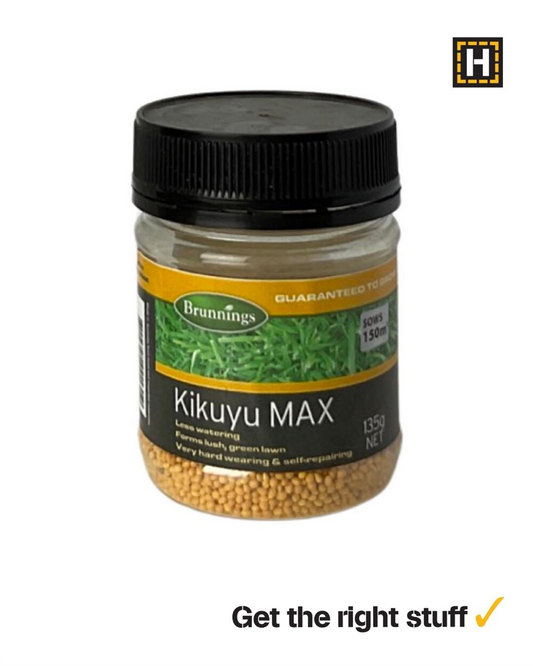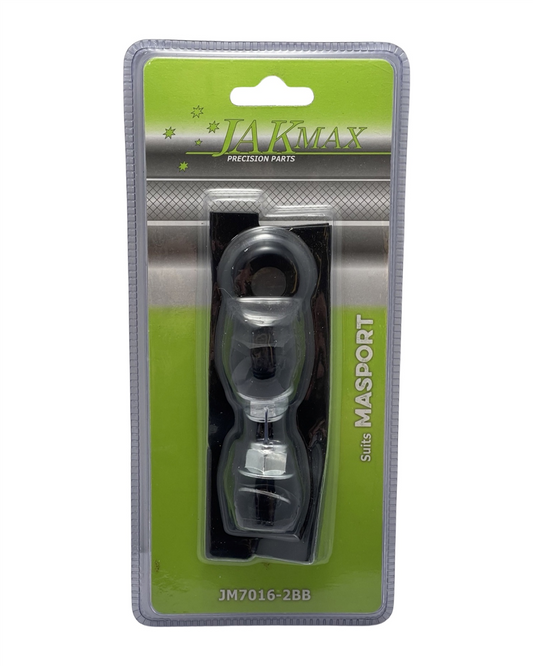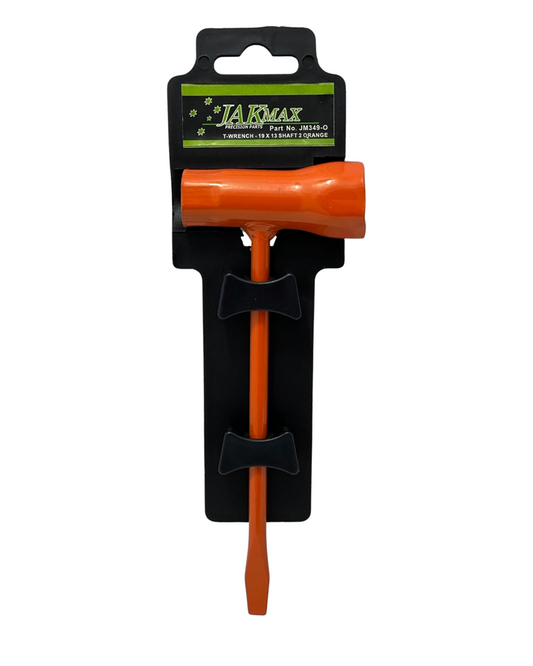Brunnings users, if your soil feels like concrete—here’s what your plants wish you knew
Share
Why Compact Soil Can Stop Your Garden Before It Starts
Dig into the surprising truth about soil health and why your plants might be silently suffocating
Have you ever turned the hose on, watched water pool instead of soak in, and shrugged, not knowing why the garden just “won’t drink”? That quiet symptom often points to a hidden problem: compacted soil. It sneaks up on beginner gardeners and seasoned weekend warriors alike—and it can make your efforts feel frustratingly fruitless.
“Most people think plants die from pests or lack of water. But often, it’s the soil silently choking their roots.” – Candeece, Local Garden Specialist
Here’s the rub: even if you're using great soil mixes, watering routinely, and picking the right plants, compaction can undo it all. Roots can't stretch. Water can't sink in. Air can't circulate. Growth stalls.
What Actually Is Soil Compaction?
Soil compaction happens when soil particles are pressed tightly together, squeezing out the air pockets that roots need to breathe. It can be caused by something as simple as walking over the same path in your backyard every day, or by using heavy pots and planters without proper drainage.
It might not look like much on the surface—but down below, it's another story. Compacted soil is dense, heavy, and clumpy. Plants struggle to push their roots into it. Microbes disappear. And water? It tends to run off or sit on top, leaving roots thirsty or rotted.
How Do You Know If Your Soil Is Compacted?
- Water pools instead of soaking in
- Plants wilt even with watering
- Soil feels hard or crusty when dry
- Roots look stunted or grow sideways
- Your shovel bounces instead of slicing
One gardener we helped recently was tearing her hair out. Her native daisies refused to thrive, and every watering session felt like pouring tea on concrete. Once we got her to aerate her garden beds and mixed in some rich compost, things flipped. Within a fortnight, new growth appeared, almost as if the plants had just been waiting for a breath of fresh air.
Why It Matters More Than You Think
Healthy plants need roots that can breathe. Roots that can reach water. Roots that can spread and anchor. Without that, you’re gardening with a blindfold on.
Most of your garden’s life happens underground. Compact soil is like locking the pantry door and wondering why the dinner party flops.
Where Compaction Hides (Hint: It's Closer Than You Think)
Even raised garden beds aren’t immune. Especially when soil mix gets dumped in once and then forgotten. Over time, wind, rain, and your own watering methods can cause the soil to settle and compress.
And those shiny pots on your patio? If the soil inside hasn’t been lightly fluffed or refreshed recently, they’re prime suspects, too.
How to Fix (or Prevent) It—Without Breaking Your Back
You don’t need fancy tools or hours of digging. Just a few consistent habits and a little know-how can make all the difference:
- Start light: When adding soil to pots or beds, don’t pack it down. Let it settle naturally.
- Aerate Often: Use a fork to gently loosen your soil every few weeks. Even just waving it through can help.
- Add Organic Matter: Compost, worm castings, and mulch help create a looser structure and keep things breathing.
- Use Raised Walkways: Step around your garden, not through it. Simple wood planks or stepping stones can help protect ground beds.
- Watch Your Potting Mix: Choose blends that are made for good drainage and suited to South Aussie conditions.
Helpful Tools That Do the Heavy Lifting
Some tools do just what they say on the tin—and do it well. Garden forks (like the ones from Cyclone or GardenMaster) are great for gentle aerating. Even a simple hand cultivator can be a game-changer for container gardens.
Add a layer of mulch once your soil is aerated, and you'll get a bonus: moisture retention and a weed-suppressing barrier, all in one.
To Grow Well, Roots Need to Breathe
It all comes down to this: compacted soil is stress the garden didn’t ask for. Fixing it isn’t about perfecting everything—it’s about building great ground habits from the start.
Once you open up your soil, you’ll notice a shift—not just in plant growth, but in how you feel walking through the space. Softer. Lighter. Like your garden’s finally listening again.
You used to poke and prod without real results. Now, you’re the one who knows how to make soil sing.
Happy digging,
Candeece
 Stay Connected
Stay Connected
Join our gardening community on Facebook: Urban Gardener's Notebook
And follow our Store Facebook Page: Strathalbyn H Hardware on Facebook









